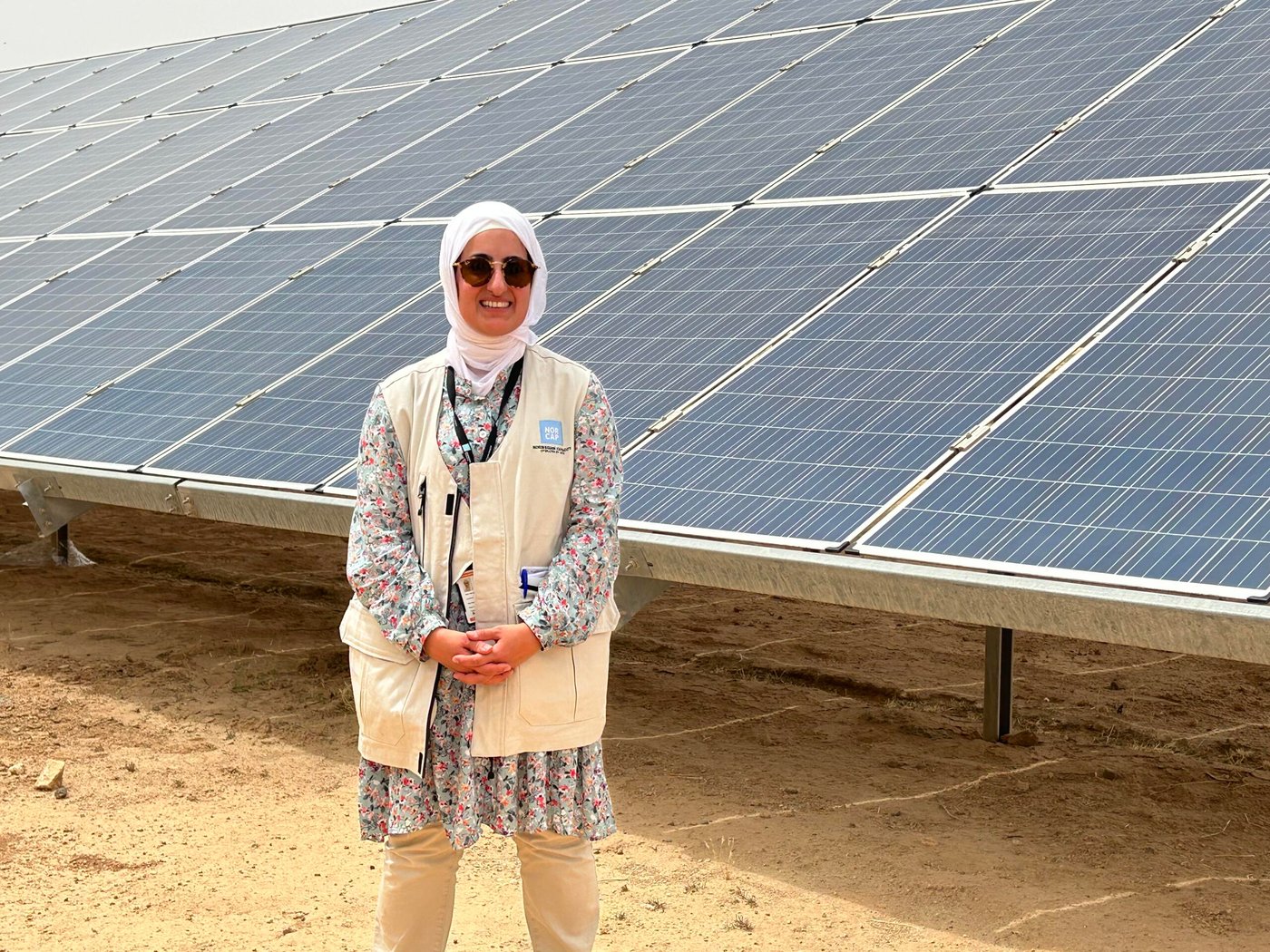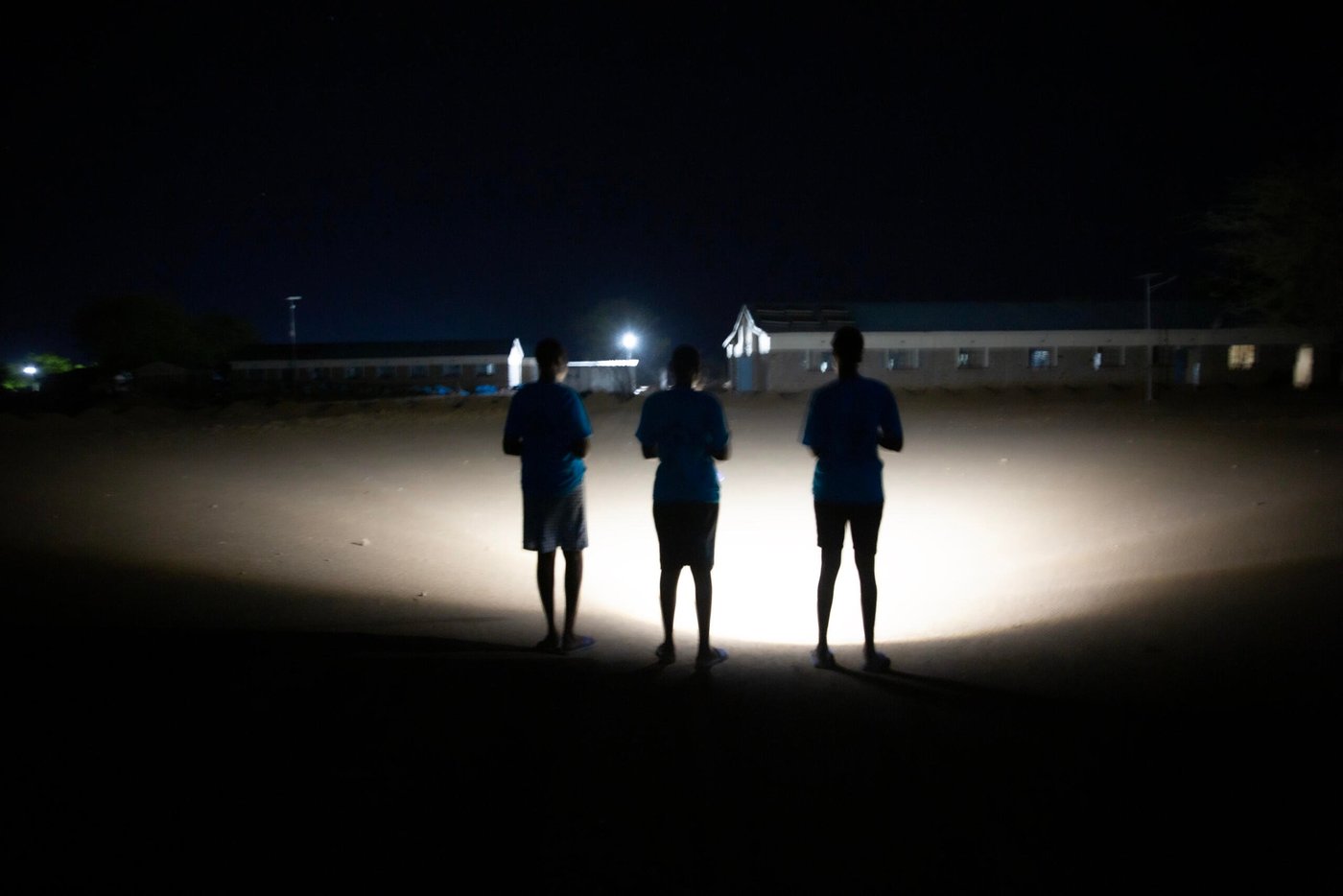NORCAP is leading the way in using these innovative finance methods, to bring about change in energy access.
Read the white paper "Lighting the Path: Innovative Finance for a Just and Inclusive Transition to Clean Energy in Humanitarian Settings"
Camilla Fulland, who heads Energy and Sustainable Responses at NORCAP, emphasises the importance of this approach.
“In humanitarian situations, we aim to increase energy access by combining different types of funding – humanitarian grants, development finance and commercial investments. This approach helps address the lack of funding for energy projects in these settings and promotes sustainable energy solutions,” she says.
The white paper also highlights how using innovative finance in humanitarian settings can promote a fair and inclusive transition to clean energy. It shows how these efforts support humanitarian goals and align with global sustainability targets.
Hajar Al-Kaddo, NORCAP’s Energy Thematic Manager, emphasises NORCAP's dedication to improving their experts' skills.
“We are exploring ways to blend different types of finance to boost investments in humanitarian energy access. We are also training our experts in these methods to improve the projects they work on and strengthen the organisations they support, which is crucial for long-term energy solutions in challenging environments,” Hajar explains.
The article aims to spark discussion, inspire action, and encourage the use of innovative finance to increase energy access in humanitarian settings, offering both environmental and economic benefits.
By tackling these issues directly, NORCAP hopes to set an example for future initiatives and drive a global shift towards sustainable energy access even for the most vulnerable populations.



